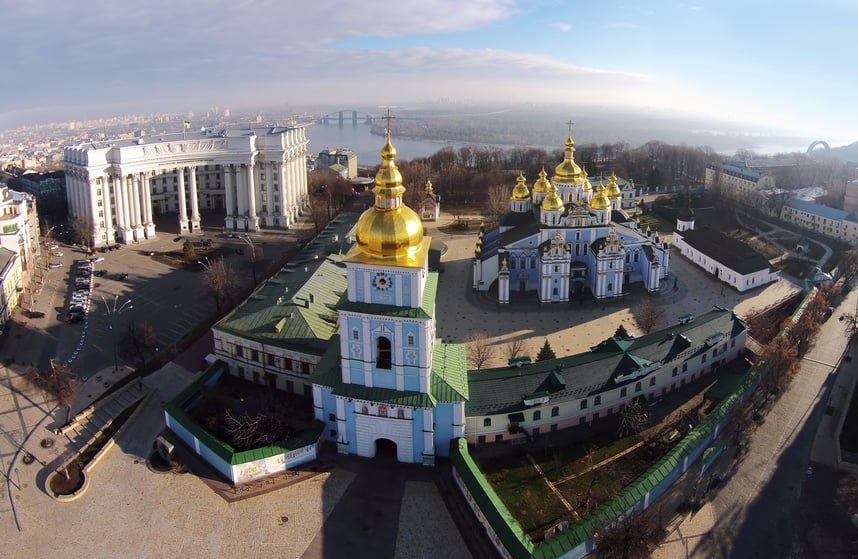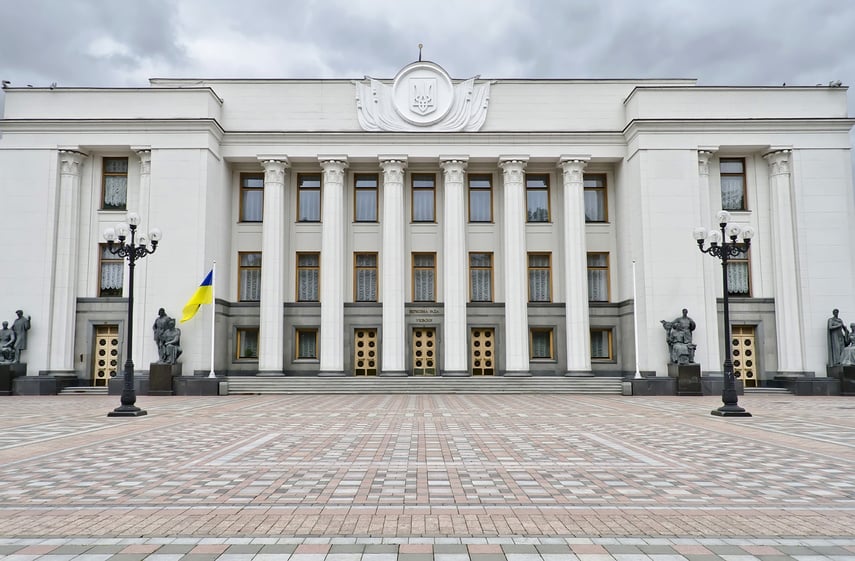In brief
Argentina is set to join with a new law the list of countries that have approved regulations to favor and accelerate the research, development and acquisition of Covid-19 vaccines. In a recent law approved by the Senate (which has yet to be promulgated by the President), broad and exceptional powers have been granted to the National Executive Power (the “Executive“) to negotiate the expedited purchase of such vaccines. The law authorizes to extend jurisdiction in favor of foreign judicial and arbitration tribunals and to agree to indemnities in favor of the entities that have developed or that sell the vaccines to the Executive. In addition, an exceptional procedure for the emergency regulatory approval of such vaccines was enacted.
In depth
The pandemic has affected the world in multiple ways, and impact on the legal landscape is no exception. Legislators and regulators have had to adopt rapid measures to address the various problems that have arisen and offer the population access to therapies and vaccines quickly guaranteeing, at the same time, safety and efficacy. The Argentine Republic has joined this trend, the most recent example being the passing by the Senate, on October 29, 2020, of a law that grants broad powers to the Executive in its negotiations to acquire vaccines against Covid-19 (“Vaccines”).
The following are some of the most relevant aspects of the law:
Public interest. Declares of public interest the investigation, development, manufacturing and acquisition of vaccines destined to generate immunity from Covid-19.
Extension of jurisdiction, indemnity, confidentiality and other exceptional clauses to buy the Vaccines. The Executive is authorized to purchase the Vaccines through the accelerated purchasing regime approved during the pandemic (Executive Order 260/2020 and related regulations), and is expressly allowed to include various exceptional clauses in the contracts. These clauses are (i) extension of jurisdiction in favor of judicial and arbitration courts abroad, (ii) waivers of the defense of sovereign immunity, (iii) indemnity (except for fraud, malice or negligence) regarding monetary claims related to and in favor of those who participate in the research, development, manufacture, provision, and supply of Vaccines, (iv) confidentiality, and (v) other clauses according to the international market.
Tax exemptions. Exempts from the payment of import duties and any other tax, levy or contribution, of any nature or origin, Vaccines and disposables imported by the Ministry of Health or on behalf and order of the Ministry of Health, the provinces and the City of Buenos Aires.
ANMAT’s emergency approval. The National Administration of Drugs, Foods and Medical Devices (“ANMAT“) is authorized to carry out the emergency approval of the Vaccines through a summary procedure if certain requirements are met.
Term. The powers and authorizations under the law will be in effect for the duration of the health emergency caused by Covid-19.
Around the world, authorities have taken different approaches and, in general terms, they can be grouped into countries that already had regulations for products approved in emergency situations or countries that are beginning to regulate specific issues of products and vaccines. related to Covid-19 (as is the case of Argentina), or those that, for the time being, have not yet adopted regulations of this type, but have included indemnity clauses in their agreements with the Vaccines manufacturers.
Of particular relevance is the authorization for the Executive to include exceptional clauses (which usually require legislative approval) in the contracts for the purchase of Vaccines, such as extension of jurisdiction, and confidentiality and indemnity. These clauses may pose multiple legal and commercial challenges related to implementation and enforceability, in particular due to the existence of other legal regimes and case law with which they will coexist and which could result in claims or challenges (for example, legislation and jurisprudence regarding access to public information, transparency, patient rights, competition, commercial loyalty, supply and consumer protection).
According to the procedure established in the National Constitution, the President must promulgate or veto the law within 10 days. Although the law does not expressly require it, the Executive could regulate various additional issues not established under the law.




